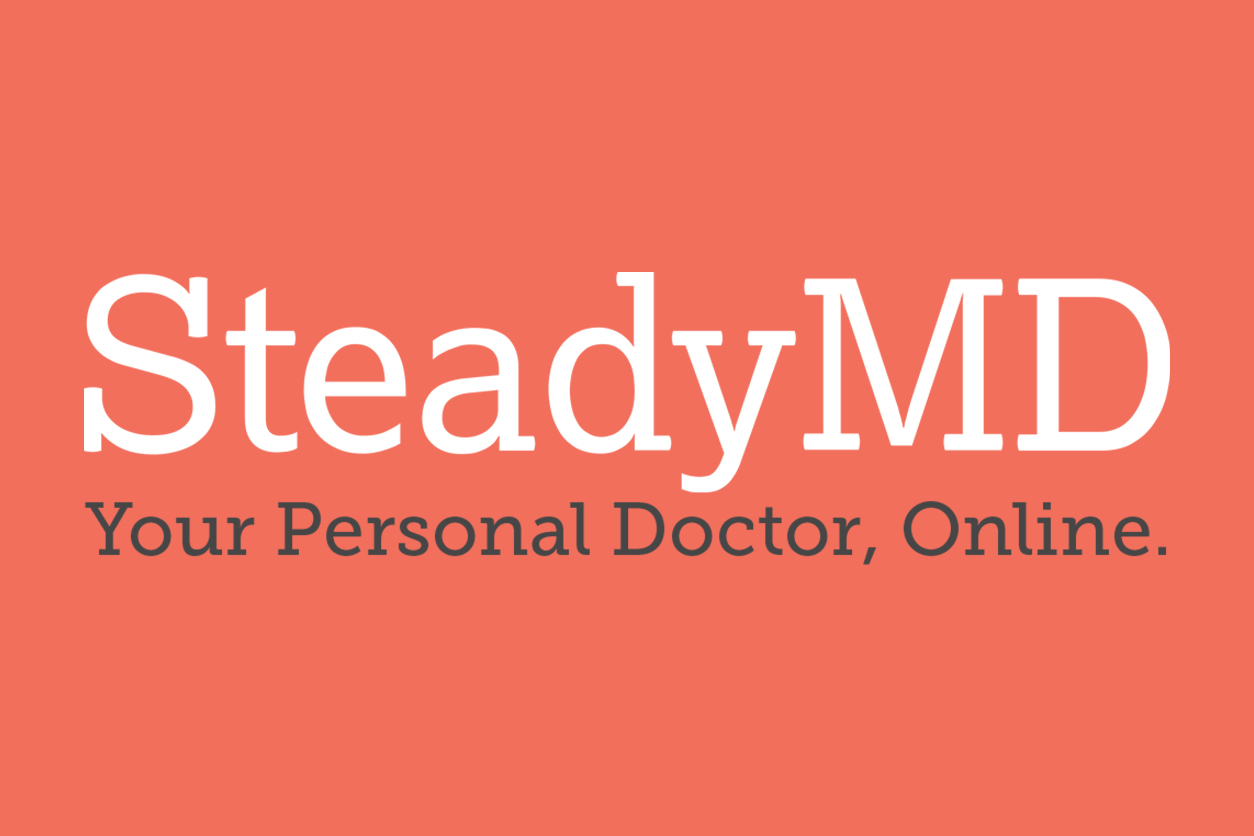A message from SteadyMD CEO, Guy Friedman:
Public health research makes clear that racism adversely impacts the health of black Americans and other Americans of color. This is not a political issue — it’s a reality of healthcare that racism is a public health issue.
To all our patients, employees and providers of color, we see you and know your lives matter.
At SteadyMD, we embrace the whole person and offer individualized care because we know that healthcare today asks patients to leave too many parts of who they are outside the exam room.
Our company calls St. Louis, Missouri its home. I moved here on August 9, 2014, right around the time when the Ferguson protests began. In the last six years, our company’s understanding of systemic racism and its impact on health has grown, and we are committed to racial equity.
As protests against racism continue across the country, we invite you to learn more alongside us by visiting these resources (not a comprehensive list, but just a few links that we found helpful).
Resources
Overview of Health Equity, Disparities, and Opportunities:
History and Background: Race and Health:
- Redlining was Banned 50 Years Ago. It’s Still Hurting Minorities Today
- Racism and the Invisible Struggle of Mental Health in the Black Community
- How Health Systems Can Address Health Disparities
- Black Women are Facing a Childbirth Mortality Crisis
Further Reading: Segregation in St. Louis & Impacts on the Health of Residents:
- Segregation in St. Louis: Dismantling the Divide
- In Focus: Reducing Racial Disparities in Health Care by Confronting Racism
- Effects of Air Pollution in St. Louis Separate and Unequal, Study Finds
I’ll personally be matching donations up to $5,000 to the Jamaa Birth Village. Email me a receipt at [email protected] to participate.
— Guy Friedman, CEO of SteadyMD
